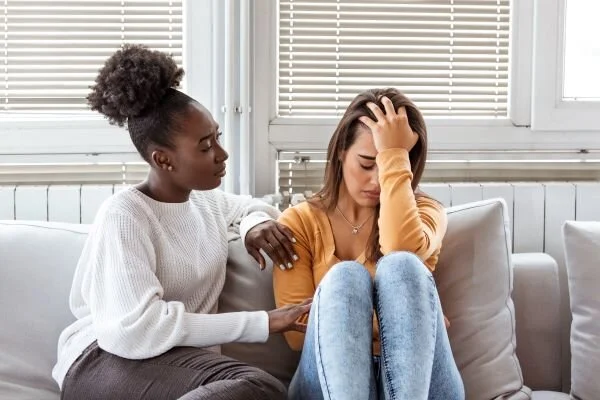
Grief Counseling
Support for Pregnancy, Infant & Family Loss
Are You Carrying a Tender, Invisible Grief?
Are you navigating the heartbreak of a pregnancy loss, the death of a baby, or the painful unraveling of a dream you held close to your heart?
Are you grieving a loved one who others don’t acknowledge—an unborn child, a fragile hope, a relationship or a family that never came to be?
Are you struggling to hold yourself together while others expect you to move on?
You are not alone. And your grief deserves space.
Grief after miscarriage, stillbirth, infant loss, or complex family loss often lives in the shadows. These losses may not receive the attention, rituals, or support that more visible deaths do. Yet they can be just as devastating—sometimes more so, because they are hidden, minimized, or misunderstood.
Why This Kind of Grief is Different—and Deserves Care
When you lose a baby, a pregnancy, or the future you imagined, it’s not just a person you’re grieving—it’s a whole world. Your identity, your hopes, your plans. Your body may carry reminders of what was and what could have been. You may feel guilt, anger, numbness, or shame, even though none of this is your fault. You may also be holding onto the pain of trying again, supporting a partner or child through their grief, or reckoning with a complicated relationship to the medical system.
You might hear well-meaning but painful comments like:
“At least it was early.”
“You can try again.”
“Everything happens for a reason.”
These responses often add to your loneliness. Here’s the truth: Your grief is valid. You don’t have to defend it.
How I Can Help
I offer grief counseling for:
Miscarriage, stillbirth, and infant loss
Medical termination or difficult reproductive decisions
Loss of a dreamed-for family due to infertility, adoption disruption, or other life shifts
Complicated grief after a death or separation in a caregiving relationship
Grieving during or after a NICU stay or a high-risk pregnancy
You may be parenting through grief, making decisions after loss, or feeling disoriented and unsure where to turn. Wherever you are, I can walk with you.
What Grief Counseling Offers
Grief counseling offers a compassionate, nonjudgmental space to:
Speak aloud what’s been held in silence
Name and explore your grief, anger, and longing
Find ways to honor your baby, your love, your loss
Process the impact of medical trauma, cultural silence, or relational disconnection
Explore creative and meaningful rituals for remembrance
Reclaim your sense of self and gently imagine what’s next
We may use talk therapy, creative tools like journaling or poetry, embodied practices, or ritual-making—guided by your needs, values, and culture.
My Approach
Grief is not a problem to solve. It’s a story to honor.
My approach is shaped by:
The companioning model of grief care (walking with, not fixing)
Self-compassion and the power of connection
Lived experience—as an adoptee, an adoptive parent, and a person who has known loss
A belief in the wisdom of the body, the nervous system and the embodied brain (your heart)
I am here to hold space for you—to grieve, remember, and breathe again.
What to Expect
I offer a free 30-minute discovery session to explore what you’re carrying and whether we feel like a good fit. If we choose to move forward, sessions can be:
Virtual (for anyone in Michigan)
In-person (Brighton or Ann Arbor, MI)
Scheduled at a pace that honors your nervous system and life circumstances
Some people meet with me weekly or biweekly for a season. Others reconnect around holidays and anniversaries, or as needed. Grief doesn’t have a timeline but an evolving shape and place in us and our lives.
You Don’t Have to Carry This Alone
Your grief matters. Your baby mattered. Your dreams matter.
Whether your loss was recent or long ago, clearly acknowledged or quietly held, I offer a place where you can be seen, heard, and companioned.
Let’s take the next step together.
Click the button below to visit my Contact page where you can request a FREE 30 minute discovery session.





